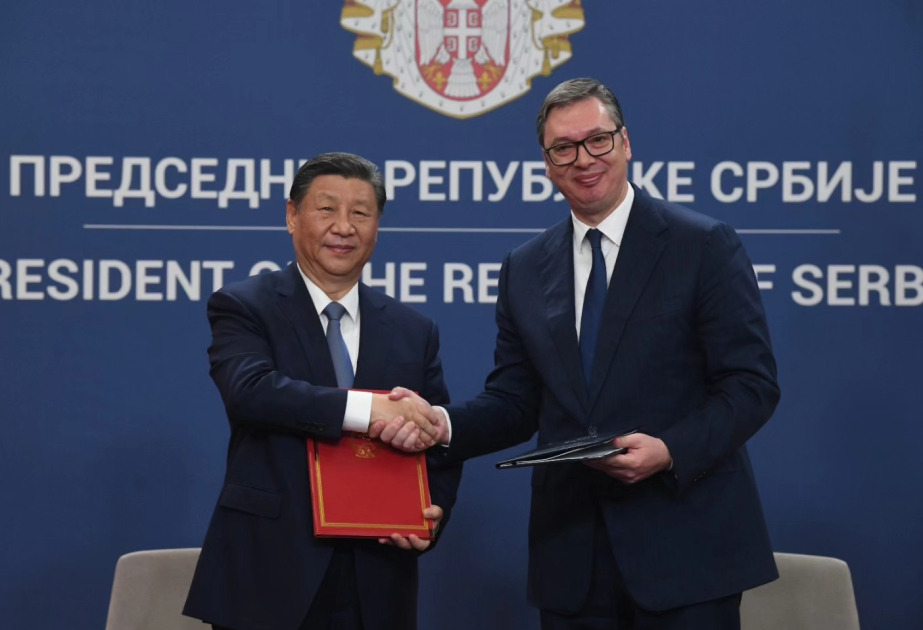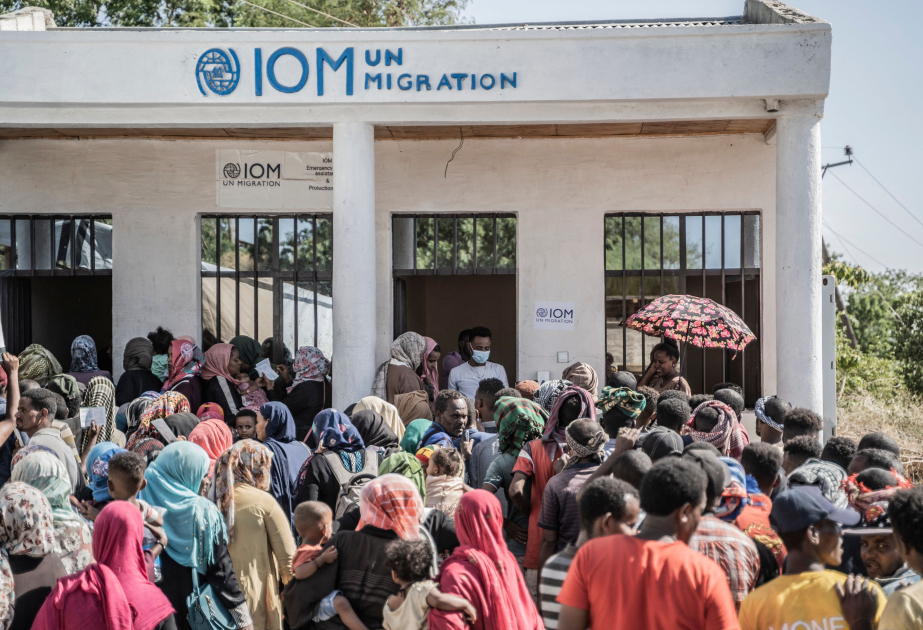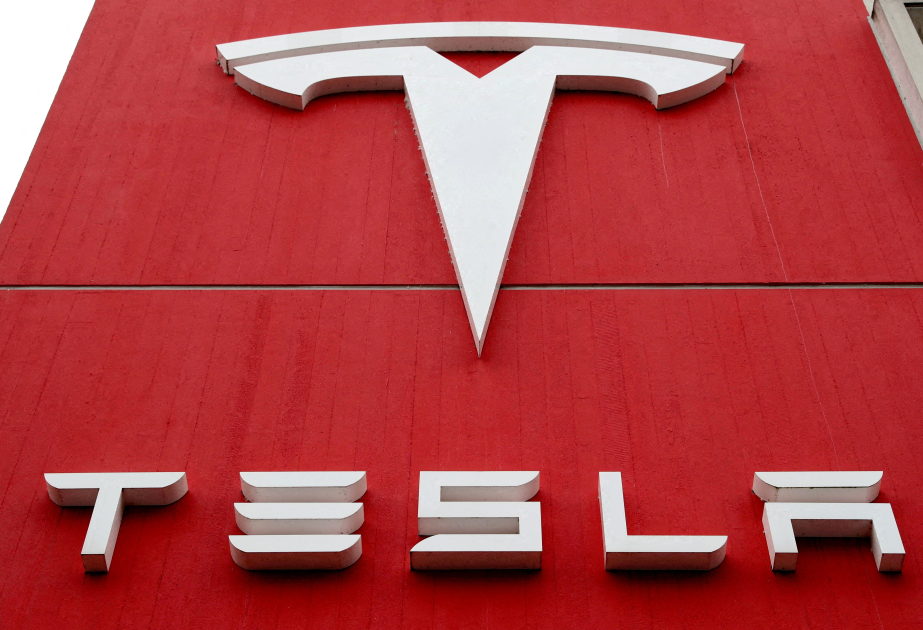WORLD
Who will be the next pope?
Baku, February 13 (AZERTAC). With Pope Benedict XVI's resignation, speculation about who might succeed him when the conclave meets in March has begun. Any baptised Roman Catholic male is eligible for election as pope, but only cardinals have been selected since 1378. Among those who have been mentioned as potential successors are the following: A TV star, "people's person" and a "wonderful" priest, the Ghanaian cardinal emerging as a strong favourite for the papacy is described by colleagues in glowing terms. Peter Turkson, who is president of the Vatican's pontifical council for justice and peace, was made a cardinal by Pope John Paul II in 2003 after serving for almost 30 years as an ordained priest. As prefect of the Congregation for Bishops, which oversees the handing out of mitres, the multilingual Canadian cardinal Marc Ouellet is one of the most powerful men in the Vatican. The 68-year-old former archbishop of Quebec, who was appointed to the third most important job in the Vatican three years ago, has the power to make or break careers. His position makes him a natural candidate for the papacy, although he was careful to downplay any talk of promotion when he was chosen to lead the congregation in July 2010. "I'm surprised to be today in this position," he said at the time. "And I don't think that I will become a pope someday, I don't think so." Francis Arinze, who was born in Eziowelle, Nigeria, on 1 November 1932, has long been touted as a possible pope. Although his parents worshipped Ibo deities, Arinze - one of seven children - was sent to an Irish missionary school and soon set his heart on becoming a priest. The election of Angelo Scola as Benedict XVI's successor would delight Italians keen to see one of their own back on the papal throne after Polish and German popes. Scola, the son of a truck driver, was born on 7 November 1941 in Lombardy. Ordained in 1970, he holds doctorates in philosophy and theology and was professor of theological anthropology at the John Paul II Institute for Studies on Marriage and Family. He was appointed bishop of Grosseto in 1991, patriarch of Venice in 2002, proclaimed cardinal in 2003, and appointed archbishop of Milan in 2011.








